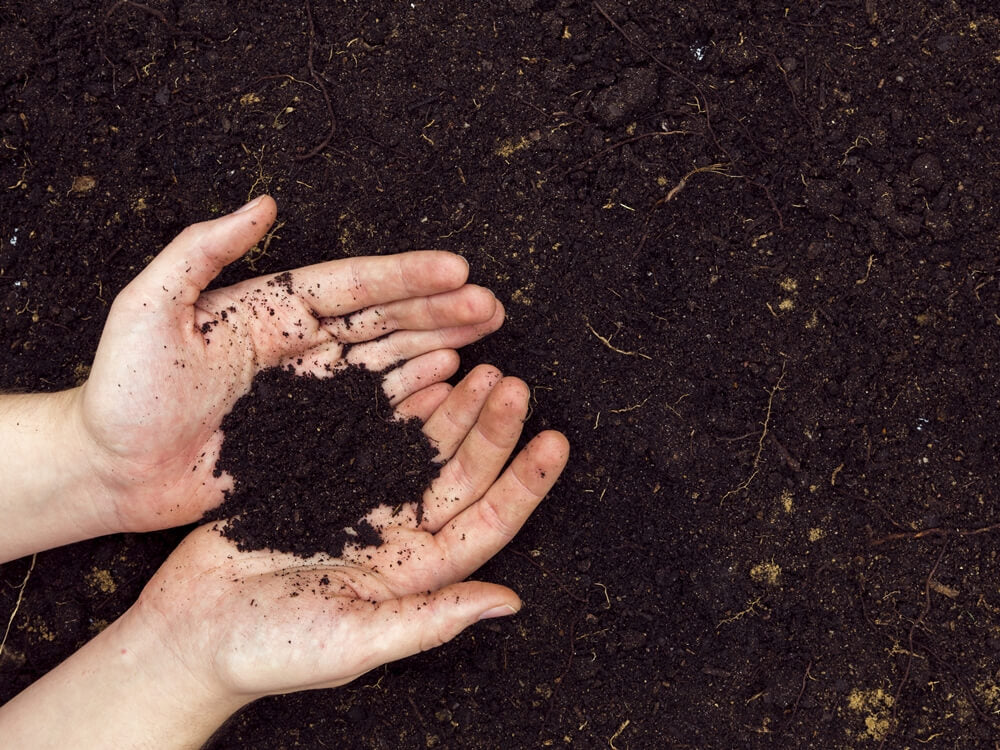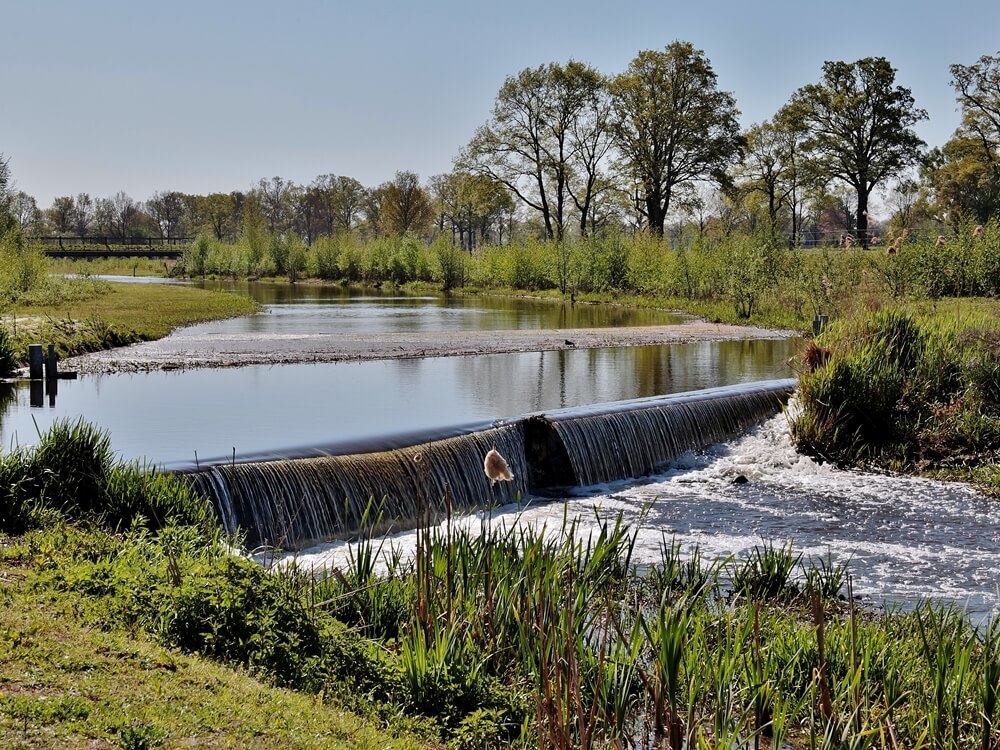Did you know it takes a huge amount of water, around 2,700 liters just to produce the cotton needed for one t-shirt? That's like filling up a bathtub 13 times! In comparison, organic cotton only requires 243 liters to make the same shirt. Regular cotton is incredibly thirsty, taking up a full 69% of the water used to grow all the fibers for clothes around the world.
Why Does Organic Cotton Use Less Water?
Organic cotton requires significantly less water than conventional cotton, and the key to this water conservation lies in the soil. Organic farming practices prioritize building and maintaining healthy soil, which acts as a natural reservoir for water.
Healthy soil is full of life, including beneficial microbes and fungi. These organisms help create an absorbent soil structure, allowing it to retain water like a sponge. On the other hand, conventional farming practices often rely on chemical fertilizers and pesticides, which can damage soil structure and reduce its water-holding capacity.

As a result of its superior water retention, organic cotton requires less irrigation. This is especially important in places that often get dry, where water resources are limited. Also, healthy soil can handle tough weather better, so it needs even less extra watering.
Besides saving water, healthy soil also has many other benefits. It helps lots of different plants and animals thrive, stops soil from washing away, and even cleans dirty water naturally.
Impact on Local Water Reserves

Known for its efficient water use, organic cotton farming is a big help in protecting local water reserves. It prioritizes healthy soil, which greatly reduces the need for irrigation and allows farmers to depend more on natural rainfall. Organic cotton farming eases the pressure on rivers, lakes, and aquifers, helping to ensure that communities have access to clean water for drinking, sanitation, and other essential needs.
Many organic cotton farmers also collect and store rainwater to use on their crops. This way, they don't have to rely as much on local rivers, lakes, and underground water! By using rainwater, farmers can grow their crops without using up precious water resources.
Another important aspect of organic cotton's impact on local water reserves is its commitment to avoiding harmful chemicals, thereby safeguarding the quality of local water reserves and protecting the health of communities and ecosystems. As you're aware, conventional cotton farming often uses chemical pesticides and fertilizers, which can leach into and contaminate water sources.
Reducing Water Pollution

Organic cotton farming is a leader in keeping water clean because it doesn't use harmful chemicals that are common in regular cotton farming. These chemicals often seep into water sources, making drinking water unsafe and harming animals and plants that live in water. Organic cotton, however, takes a different approach.
Instead of relying on synthetic chemicals, the farmers utilize natural methods to control pests and diseases. This includes practices like crop rotation, which helps disrupt pest cycles, and the introduction of beneficial insects that prey on harmful pests. Additionally, organic fertilizers, such as compost and manure, are used to nourish the soil and strengthen plants' natural defenses, further reducing the need for chemical interventions.
Organic cotton farming also helps prevent nitrate pollution in groundwater by avoiding chemical fertilizers. Nitrates from fertilizers can seep into aquifers, contaminating drinking water and posing health risks, especially for infants. Organic cotton's commitment to natural methods greatly reduces this risk, protecting the quality of groundwater resources.
Not to Mention, Less Greenhouse Gas Emissions!

Organic cotton production emits 46% less greenhouse gases than conventional methods. This is because organic farming avoids intensive practices and nitrous oxide-releasing fertilizers. With less than 1% of global cotton production being organic, there's considerable potential for improvement! While not perfect (it still requires natural resources), organic cotton represents a significant improvement over non-organic methods.
Organic practices promote healthy soil, which acts like a natural vacuum cleaner for carbon dioxide. This means that healthy soil absorbs and stores carbon dioxide from the air, helping to alleviate climate change. However, regular farming practices often damage soil health, making it less able to store carbon.
Additionally, organic cotton farming often requires less energy consumption compared to conventional methods. This is because organic farming relies less on machinery and synthetic inputs, which require significant energy to produce and transport.
Final Thoughts,
As we've explored, organic cotton offers a powerful solution to the water-intensive practices of conventional cotton farming. Organic cotton significantly reduces water consumption, protects local water reserves, and minimizes water pollution by prioritizing healthy soil. Also, it contributes to the fight against climate change by reducing greenhouse gas emissions.
While no material is perfect, organic cotton is a big step in the right direction for a more sustainable and ethical fashion industry! When we choose organic cotton clothing or accessories, we can all work together to make a positive impact on our planet's precious water resources and contribute to a healthier future for everyone.
Don't miss out on more insightful content like this! Sign up for our newsletter to stay informed and inspired on sustainable living.

